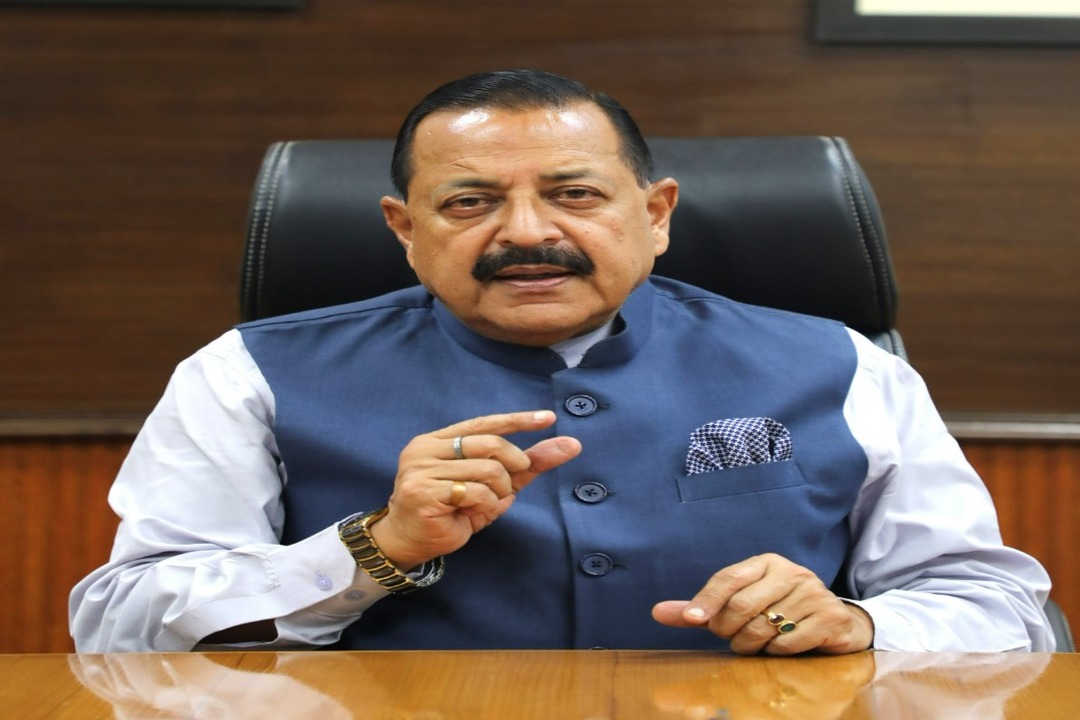The new Bioeconomy policy introduced by the Modi Government is poised to position India as a leading global force in the coming years, according to Union Minister Dr Jitendra Singh. During a recent media briefing, Dr Singh detailed the Union Cabinet’s decision to adopt the ambitious BioE3 (Biotechnology for Economy, Employment, and Environment) Policy, which signifies a groundbreaking shift in India’s manufacturing landscape.
As India steps into the spotlight as a global biotech powerhouse, Dr Singh emphasized that Prime Minister Narendra Modi will be recognized worldwide as the driving force behind this new biotech revolution, which is set to enhance the economy, foster innovation, create jobs, and advance environmental goals.
Dr Jitendra Singh lauded Prime Minister Modi’s visionary approach, which aims to transition from traditional consumption-based practices to advanced, regenerative bio-manufacturing. This policy marks a significant move towards a cleaner, greener, and more prosperous India. Highlighting the impressive growth of India’s bioeconomy, Dr Singh noted that it has surged from $10 billion in 2014 to over $130 billion in 2024, with expectations to reach $300 billion by 2030.
This dramatic increase underscores India’s strong economic progress. He indicated that the new BioE3 Policy will further stimulate this growth trajectory, positioning India as a prominent player in the Fourth Industrial Revolution. The BioE3 Policy is designed to address pressing global challenges such as climate change and the depletion of non-renewable resources.
Its core objectives include facilitating a transition from chemical-based industries to sustainable bio-based models, promoting a circular bioeconomy, achieving net-zero carbon emissions through innovative waste utilization strategies, and encouraging the development of bio-based products to expand job creation.
Dr Singh outlined that the policy encourages entrepreneurship across various sectors, including bio-based chemicals, smart proteins, precision biotherapeutics, climate-resilient agriculture, and carbon capture technologies. Additionally, the policy focuses on establishing cutting-edge bio-manufacturing facilities, bio-foundry clusters, and Bio-AI hubs.
These initiatives are crucial for bridging the gap between laboratory-scale and commercial-scale production, fostering collaboration among startups, small and medium enterprises (SMEs), and established manufacturers. Dr Singh emphasized that these hubs will play a pivotal role in the large-scale manufacturing of products such as mRNA-based vaccines and proteins.
He expressed optimism that Bio-AI hubs will drive innovation by integrating artificial intelligence to analyze extensive biological data, paving the way for advancements in gene therapies and food processing solutions. Dr Singh also highlighted the significant employment generation potential of the policy, particularly in tier-II and tier-III cities where bio-manufacturing hubs will be established.
These hubs will utilize local biomass resources, thereby promoting economic development in these regions. Concluding his remarks, Dr Singh reiterated that by investing in the nation’s economy, environment, and employment, the BioE3 Policy aligns with India’s vision of a ‘Viksit Bharat’ (Developed India). This policy sets a new benchmark for how science-based initiatives can drive national development and sustainability.








